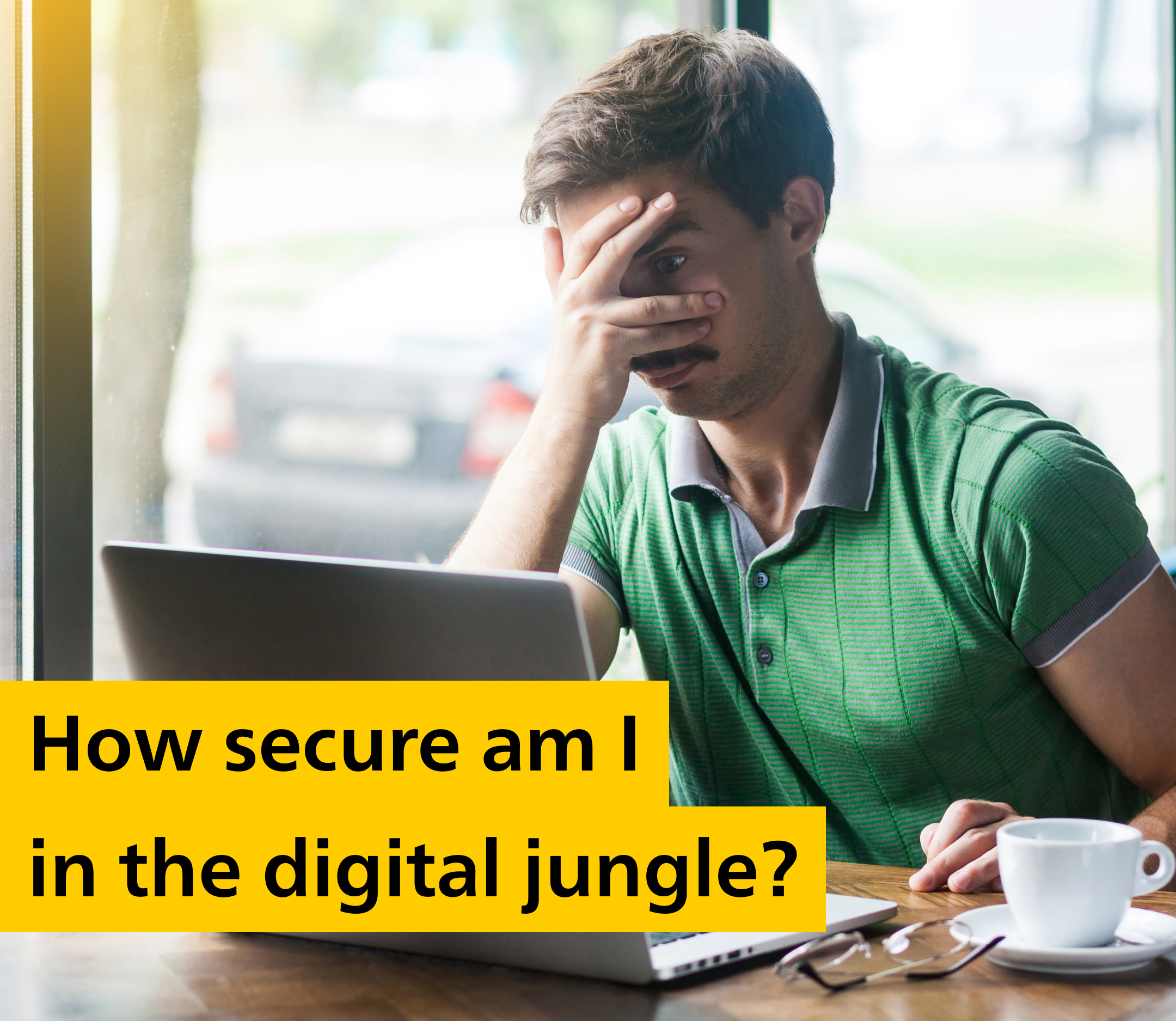From education and health to DIY – here’s how people are using VR and AR.
Virtual reality (VR) and augmented reality (AR) are not just hot trends for the tech world – they’re already playing a major role in a variety of sectors and fundamentally changing how we go about our daily lives. You can find out how in this article.
But before we get to the details, what exactly are virtual reality (VR) and augmented reality (AR) and what is the difference between them?
Virtual reality generates a fully digital environment that you experience through a special headset. In this artificial world, you can move around and interact with the environment as if you were really there. It’s like a magical portal to another reality.
Augmented reality, however, inserts digital elements into the real world. Additional information and objects are superimposed onto your surroundings through devices such as smartphones and AR glasses. Imagine holding your mobile phone over a cityscape and seeing extra information about the buildings and sights right there on your screen – that’s AR.
VR and AR in various sectors
Now you understand the basics, let’s take a look at how VR and AR are being used in various sectors and in our day-to-day lives.
- Education
What if you could visit historical sites or do experiments in a virtual laboratory without ever leaving the classroom? VR makes this a reality. AR, too, can make teaching materials more interactive by overlaying digital information onto physical teaching resources.
Example: A biology lesson where you look at the human heart from the inside with a VR headset, or a chemistry class that has you explore the periodic table of elements in 3D with your AR app.
- Healthcare
VR and AR provide support for healthcare professionals during operations and treatments. For example, surgeons can use VR to practise complex procedures, while doctors can use AR applications to display important data in real time.
Example: A surgeon using a VR simulation to plan a complicated cardiac operation before performing it, or AR glasses that show a dentist key patient data during procedures.
- Real estate
The real estate sector uses VR and AR to enable clients to take virtual tours of houses and apartments. This allows buyers to get a realistic impression of the property without having to be there themselves.
Example: You can tour an apartment in Zurich and explore all the rooms virtually before deciding whether to book an in-person viewing.
You should subscribe to the ePost Academy to stay up to date.
VR and AR in day-to-day life
VR and AR not only enrich and simplify the world of work, but also our own day-to-day experiences.
- Entertainment
VR gaming creates interactive, immersive experiences, while AR games like Pokémon Go take you on your very own virtual adventure in the real world.
Tip: Invest in a VR headset like the Meta Quest 3 for a full virtual reality experience. You could also consider the Apple Vision Pro, although it is not yet available in Switzerland and is likely to be expensive.
- Travel
If you’re off on a trip, you can use VR to explore the sights or plan your route before you go. AR applications, in turn, can provide you with useful information about your surroundings once you are there.
Tip: You can use apps like Google Earth VR to visit places all over the world virtually, and AR apps like Google Lens to access information about sights in real time.
- Shopping
When shopping online, AR apps enable you to position furniture virtually in your room or try on clothes with a virtual avatar.
Tip: Use IKEA Place to position furniture virtually in your home, or fashion apps that help you to find the right size and style for you.
- Learning
VR and AR are also valuable self-study tools. Online courses use VR to create immersive learning environments, while AR enables you to explore new concepts in a more effective and interactive way.
Tip: Try out platforms like Coursera and Udacity that offer VR-supported courses, or learn new languages with AR apps that display vocabulary to you as you go about your day-to-day life.
- DIY
AR apps enable you to take precise measurements of rooms and objects without having to reach for traditional measuring tools. They can also overlay step-by-step instructions on your project, which can be a big help, especially when performing complicated tasks.
Tip: Use apps like Measure to take precise measurements for your DIY project.
VR and AR applications at a glance
- Education: virtual labs, interactive learning aids
- Healthcare: simulating operations
- Real estate: virtual viewings
- DIY: precise measurements, help with instructions
- Travel: virtual tours, real-time info
- Shopping: virtual furniture placement, avatars to try on clothes
Summary
VR and AR offer limitless possibilities that go far beyond the gaming industry. Whether in medicine, education or your day-to-day life, these technologies make life more interactive and more efficient. Now it’s up to you to explore and use these innovations for yourself.
You May Also Like
These Related Stories

Find out how to spice up your cooking with the right tools

The power of retargeting: what lies behind personalised online advertising.

No Comments Yet
Let us know what you think